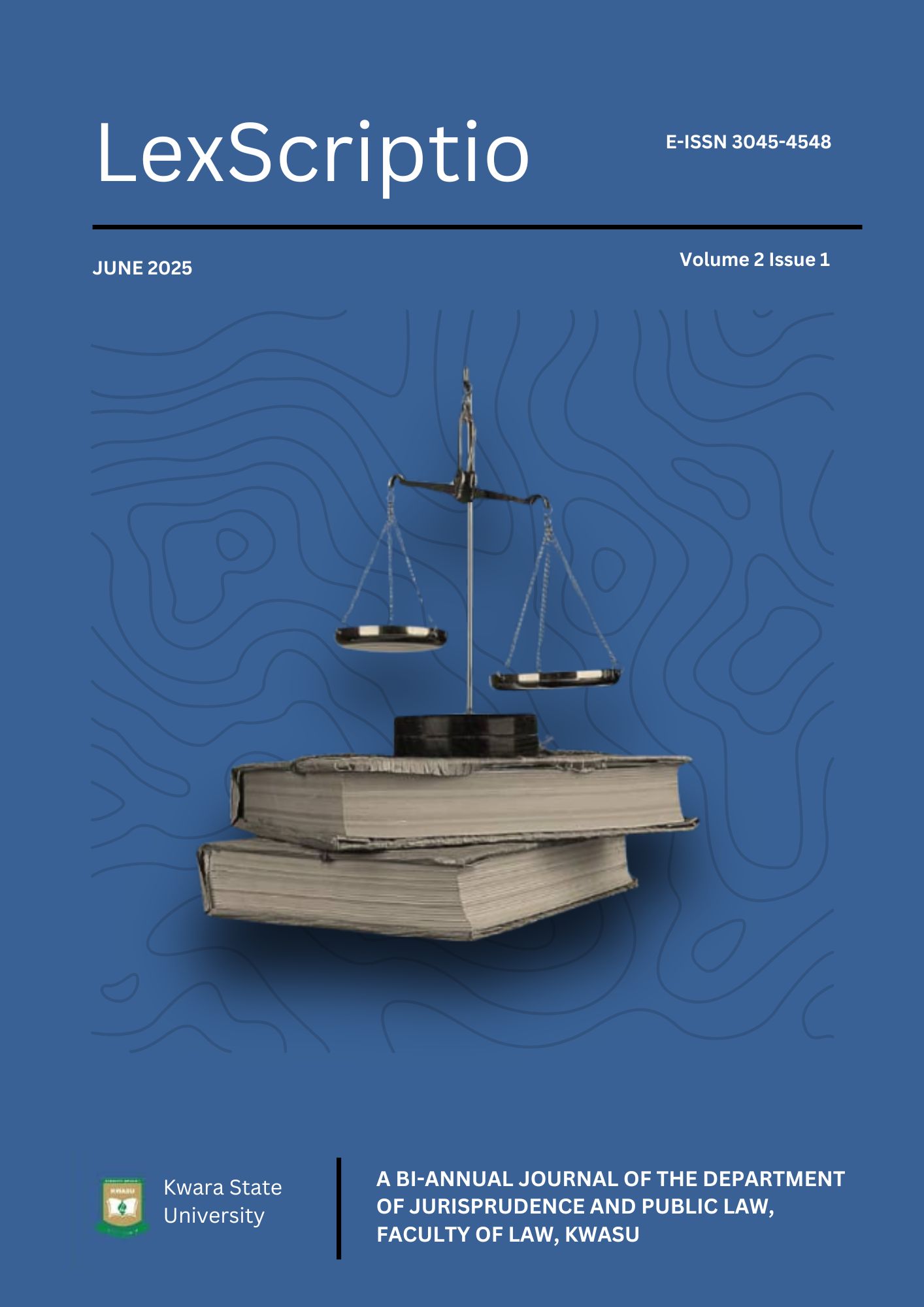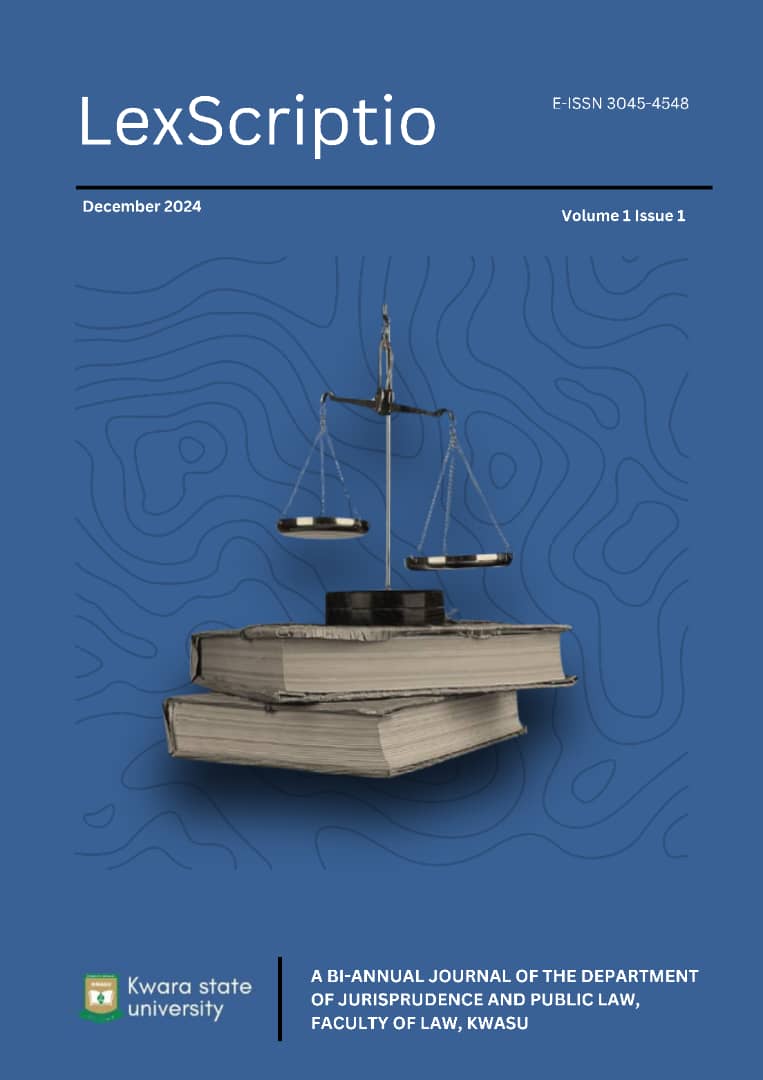LEGAL ANALYSIS OF FOOD FRAUD AND ELDERLY CONSUMER PROTECTION IN NIGERIA
Keywords:
Food fraud, elderly consumers, consumer protection, legal framework, food safety, regulatory enforcementAbstract
Food fraud has emerged as a critical concern, particularly affecting the vulnerable elderly population in Nigeria. This article examines the effectiveness of legislative frameworks including the National Agency for Food and Drug Administration and Control (NAFDAC), the Federal Competition and Consumer Protection Commission (FCCPC), and the National Policy on Ageing (2021) in protecting elderly consumers from fraudulent food practices. The research employs a mixed-methods approach combining legal document analysis, thematic review of reported food fraud cases and qualitative assessment of enforcement mechanisms. The study surveyed 1,250 elderly consumers (aged 65+) across six geopolitical zones of Nigeria, with stratified sampling ensuring representation from both urban centres (60%) and rural communities (40%). Additionally, 45 in-depth interviews were conducted with regulatory officials across Lagos, Abuja, Kano, and Enugu. The findings reveal a 30% increase in food fraud incidents over the past four years, with elderly consumers being twice as likely to fall victim compared to the general population due to factors like diminished sensory capabilities, fixed incomes, reduced digital literacy, and age-related health conditions. The research supports the need for enhanced mechanisms, improved coordination between regulatory bodies and targeted protection measures for elderly consumers.





